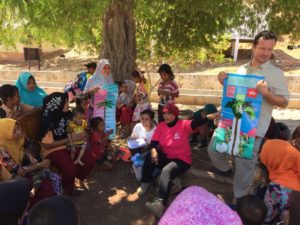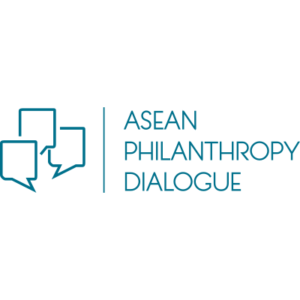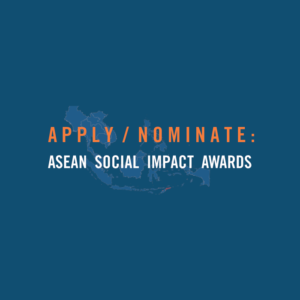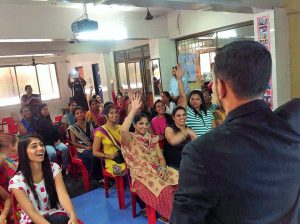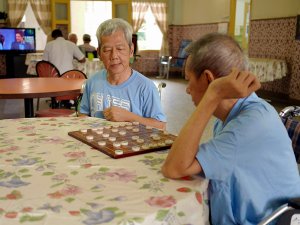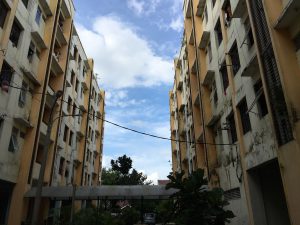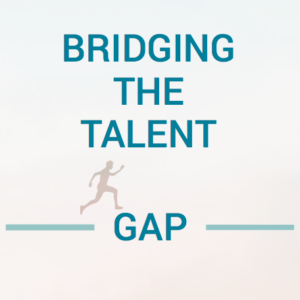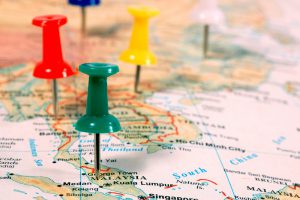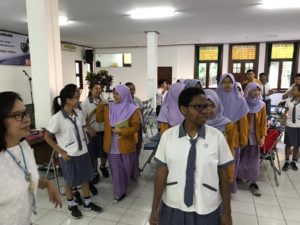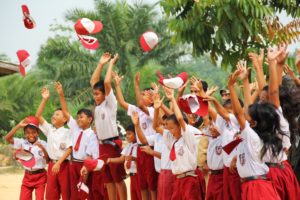
Microsite here: https://www.edumap-indonesia.asiaphilanthropycircle.org/ There are more students in Indonesia than there are people in Spain, but more than half perform below minimum levels in mathematics and reading. Progress is being made, but more is needed. This report analyses Indonesia’s education landscape, and identifies opportunities for philanthropists to focus their efforts and bring about change for the better. Catalysing Productive Livelihood is a publication by Asia Philanthropy Circle that highlights the current state of Indonesia’s education system, the best practices of education interventions in-country and globally, and the “white spaces” in philanthropy efforts. The report analyses four areas within the education…

